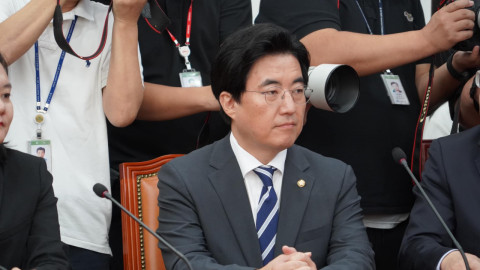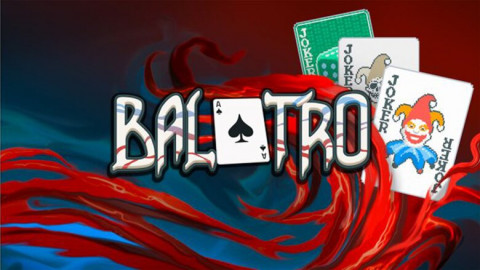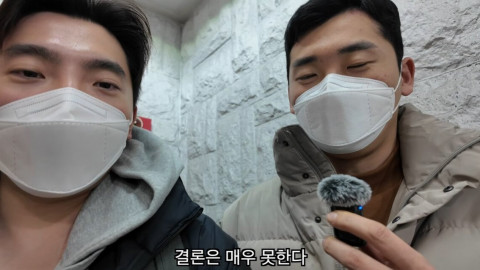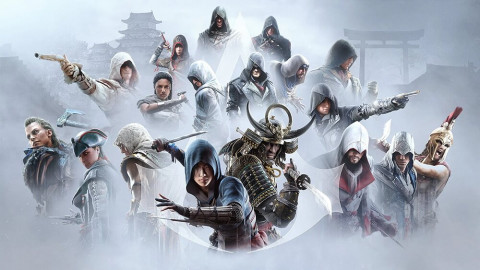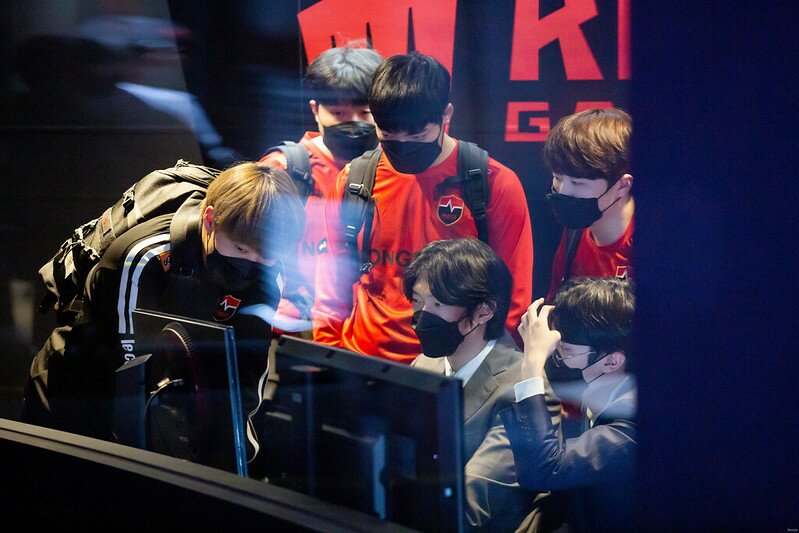
Phil Jackson, Gregg Popovich, Alex Ferguson, Tony La Russa. In all traditional sports, there are coaches (or managers) that are widely respected by both players and fans. They have the charisma, decisiveness, and wide knowledge about their respective sport. In esports as well, there are great coaches, but the biggest difference is that in traditional sports, the coaches can give orders or directions live during the game, but all esports coaches can do is give feedback after a game. What if esports coaches can participate more actively in the games?
It is players who actually play in sports. The players play against the opponent players according to the rules, and the games are decided through their movements. During the game, managers and coaches lead the players live. The coaches deliver their directions and strategy to the players, and the players play the game based on what their coaches tell them to do.
The players’ roles in esports are the same as in traditional sports — play the game. However, what the coaches can do during a game is much more limited compared to traditional sports. Most of their role is to watch the players play, and give feedback after the match, about the plays that were already played.

Due to that reason, people talk about how necessary the coaches are. Some even claim that coaches aren’t that important in esports. In a way, they have a point — they don’t know what goes on in the team facility, how the coaches train the players, or what kind of strategy they prepare. The biggest way to see the coach’s role in games is to show coaches giving live strategy directions to change the flow of the game, but this does not happen in esports.
One of the biggest reasons is that the coaches are in the “green room” where they can see everything that’s going on in the games — which can reveal crucial strategies if they give directions live. Due to this issue, the coaching staff is not allowed to deliver any kind of directions during a game. This can also mean that the coaches cannot prove their capabilities in the middle of a game as well. What they can do is gather up the players after the game is played and give feedback to prepare for the next set or their next match. However, the outcome of the game they give feedback on is already decided.
Then, is there any way that the coaching staff can show their capabilities during an esports game? In the current situation, it’s impossible, but there just might be a few ways that could be attemptable.
Coaches joining comms with limited vision

One of the easiest ways is to give another headset to the coaching staff so that they can communicate with the players during a game. In this case, the problem of the coaches being able to see the broadcast screen would be an issue to solve.
The headsets used by the players are designed so that they can’t hear the loud noises of the crowd or the casters, and their seats are set up in the same way. If the coaching staff wears the same headset as the players, it will be alright for them to be in the same seat as the players. As the players aren’t allowed to see the main broadcast screen, the same rule should be applied to coaches for this to happen.
If one way is to have the coaches stand behind their players during the game, another is to have the coaches in-game, allowing them to see their own team’s vision, while joining in on the comms. This way, the coaches can give real-time shotcalls for their teams.
Golden Guardians support Kim “Olleh” Joo-sung expressed concerns about this method. “I’m afraid that I’ll become like an avatar, carrying out the coaches’ orders,” said Olleh. “In this case, I don’t think I’ll feel like I’m playing the game.”
Time-outs

A completely different approach is possible — a simple time-out, like basketball, could work. In this case, the coach doesn’t necessarily need to have limited vision on the map. They could just be in their spots like now, and call a time-out when it’s necessary. During a game, coaches could request a time-out to the referees, and if the referees decide it’s legit, the game could be paused for a while so that the coaches can talk to the players. In this instance, coaches can deliver their strategies to the players during a short window of time.
Obviously, if time-outs are too frequent, the flow of the game would be interrupted, so there should be a limit to when the coaches can call time-outs. For example, in League of Legends, one team’s tactics should have been completely gone through before time-outs are applied. The number of time-outs should be limited as well.
Reapered talked about this matter. “If it’s a game with short periods, like Valorant, timeouts work, but in League of Legends, a single play is much longer, so it’s going to be difficult,” he said. “Even if it’s just once per team, the fans won’t like it because they’ll get bored during the time.”
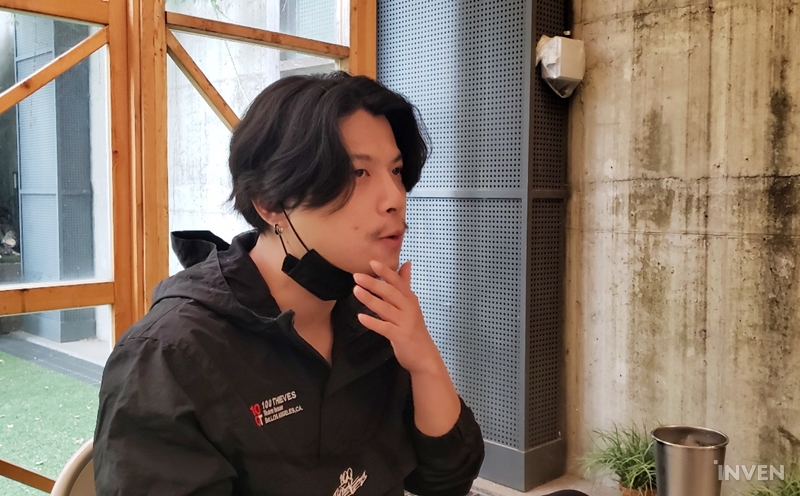
These methods are just simple ideas of how the coaching staff can participate in esports more actively, so they may not be ideal ideas, and they may not have considered the nature of the esports properly — it may be impossible to do something like this, at least for now.
If in any way, the coaching staff can affect the players' play by giving orders or shotcalls, the coaching staff’s capability will be much more visible than now. The capable coaches will be much more appreciated, and they’ll have to work harder to improve themselves as well.
Reapered was open to the idea, as he said, “It’s a very interesting idea. If there is a chance to have an exhibition match where I could participate, I’d love to try it out.” He laughed as he continued, “If the players just play and I become their brain, we might just keep winning.”
Although Reapered was positive about the idea, former LCK, LCS, and LEC player, Yoo “Ryu” Sang-wook didn’t agree too much. “It’ll be interesting for sure, but I’m opposed to the idea,” he said. “For the players, it’ll be hard to accept. Even if the coaches were to intervene, they’ll have to keep it to a minimum.”
One day, if this becomes possible, the esports scene may see new territory, with more “star” coaches along with the star players. Maybe one day, Lee “Faker” Sang-hyeok will sit with the players, giving orders to the younger stars, leading his team to victory.

Sort by:
Comments :0




